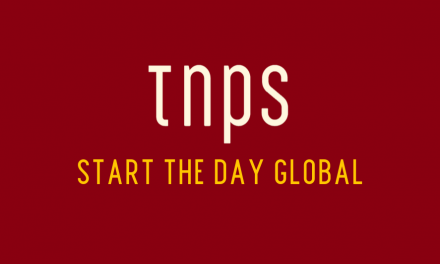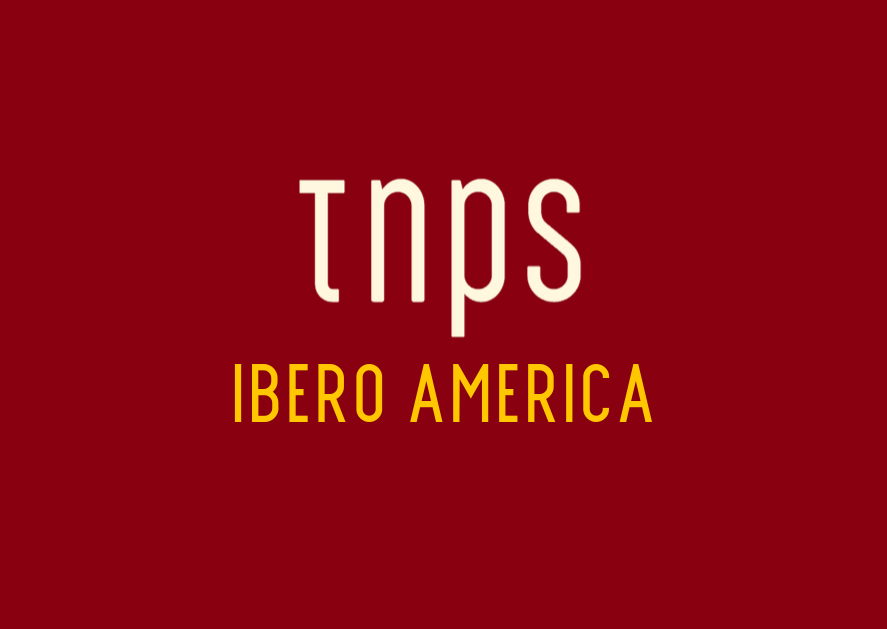In times of crisis we often have to make difficult choices, redefine our priorities, and make sacrifices that in more normal and staid times would not be necessary, or even thinkable.
Giving up the freedom to leave our homes when we want, socialise as we want, eat where we want and to shop as we want, for example, are sacrifices many of us around the world have had forced upon us, while some of us have the choice but are choosing to make those sacrifices anyway, because of fears for own own life or for fear of endangering someone else’s life.
I’m in the latter group, in a country where we are not under a strict lockdown (yet) and the restrictions are few, and weakly enforced. I can pop out to the local bookstore any time I want and pick up any book I want.
Except I can’t, because here in The Gambia, a tiny, impoverished nation on the coast of West Africa, where there are just ten Covid-19 cases on record and one death – of someone who arrived here sick – bookstores are pretty much non-existent (except school texts),
And with the tourism industry suffering the double whammy of the Thomas Cook collapse and now the coronavirus crisis my supply of paperbacks is at its lowest ebb in all the ten years I’ve been resident here.
Yes, I long for the day I can fly back to London, clear customs and walk straight into an airport bookstore, savour the tactile and olfactory sensations of a new book, and then head for the Costa coffee bar for my other First World essentials, a medium latte, one shot, extra-hot, and a real newspaper with crisp ink on quality paper that doesn’t come off on your fingers, and clearly printed images that don’t need guessing, with informed and opinionated world news.
I might add other essentials like Imperial Leather soap, Andrex cushioned toilet paper, a trip to the cinema, a snack at Macdonalds, a deep-pan pizza with extra toppings at Pizza Hut, tickets to the theatre, the very latest iPad, a 50″flatscreen TV, the Ferrari on the drive, the private jet, the holiday island, hot and cold running water, unemployment benefit, a health service, a pension…
So many things I miss from my First World life, including many that were just dreams even then.
And sure, I have a different perspective now, living alongside families that have to carry buckets of water back from the communal tap every day, who have no electricity to power the 50″ flatscreen TV they will never own, who get by on little more than a dollar a day and don’t have the option of panic-buying and stocking up on three months food, who have no idea what toilet paper is, that have never tasted a burger or a pizza, who have never had the luxury of learning to read, let alone buying a newspaper or owning a book.
But even if we are lucky enough to live in the richer half of the world where we take most of these things for granted, and lust after the rest, just how many of those can we seriously argue are essential?
Which brings us to the essential nature of the book that is at the centre of the Publishers Weekly campaign.
It’s not that I disagree with the campaign. It’s a great idea and I wish it every success. Anything that keeps books at the forefront of consumer minds is a good thing.
And be in no doubt that, although TNPS has a self-declared focus on digital, printed books are absolutely essential to the local (USA in this instance) and wider global publishing economy.
But when Publishers Weekly‘s editorial director Jim Milliot says,
Whether you are working in a hospital, teaching your children at home, laid off or furloughed from a job or simply trying to make sense of this pandemic, books are a lifeline,
we need to acknowledge that actually that lifeline has not been cut.
Here’s the thing: Most of these books in demand by these hospital workers, home-schoolers, etc, are readily available in digital format with zero risk to the consumer, and perhaps more importantly zero risk to warehouse workers and delivery operatives that, by demanding print books in a pandemic, we are asking to step outside their homes so we can stay safely in ours.
Publishers Weekly explains that the social media campaign #BooksAreEssential was created,
in response to the shutdown of all but “essential” businesses. In that fallout, books were deemed “nonessential,” leading to widespread pushback from publishers, booksellers, authors and readers.
The hashtag #BooksAreEssential emphasises the belief that books are essential to the health, well-being, entertainment and education of society and culture, particularly in times of crisis.
A bold statement. And certainly a printed book is a wonderful thing, but it is only the physical manifestation of the magic that makes a book what it is.
While a handful of specialist printed books may not be suitable for digitisation, there is nothing about the print version of the latest bestseller that confers essential health, well-being, entertainment, social education and culture benefits on the consumer that the digital version does not.
The sensual, tactile and olfactory joys of the printed book are no more essential than the premium coffee or the restaurant meal we are being asked to forego in the full knowledge we can still shop for food and cook at home, just as we can make our own coffee at home.
Sure, most of us cannot make our own books at home. But we pretty much all can, in the USA at least, download digital books to our mobiles.
In that respect, how can print books possibly qualify as essential consumer goods when there is an adequate alternative readily available?
On the other hand, the continuing availability of printed books is absolutely essential to the long-term well-being of the publishing industry, no matter how many digital options are also available.
Books are not widgets produced on a conveyor belt system that can be switched on and off at will. Book production lines are often years in the making, from the blank screen of the first page to the title finally finding its way to the store shelf or the digital store.
To that extent we can justifiably argue the publishing industry warrants special measures and exemptions, always with the safety of all parties in mind.
But the reality is we already have an exemption in two forms. First, digital sales are unimpeded, and secondly, printing, warehousing and delivery systems for books are clearly largely unaffected, because printed books are clearly still reaching consumers.
The biggest impact of Covid-19 on the industry in the US and UK has of course been the shuttering of bricks & mortar retail outlets.
But can we in all honesty argue having a bookstore open on the high street is as essential as having a food-store or a pharmacy open?
And just how many bookstore owners, let alone employees, would be comfortable having to go out to work to sell books to the handful of consumers who would actually venture out in current conditions just to buy a book?
As we’re seeing in countries like China, Italy, Germany, Denmark and Iran that have started to re-open bookstores, consumers are not rushing out to stock their bookshelves.
Convincing people to buy more books when bookstores are closed and print and digital online are the only meaningful options carries with it the danger of sending even more traffic to Amazon and the Kindle and Audible stores now, and making it even more challenging for bricks & mortar stores when bookstore restrictions are finally lifted and when bricks & mortar consumer confidence rebuilds.






It’s actually much better for many businesses (at least in Western Europe), to be under the protection of various government programs (e.g.: compensation for employees), than to operate a store without customers. The real danger is to open up a store, have to pay all its expenses and have no customer walk in. Getting out of confinement will be a very dangerous step for many businesses if consumer confidence hasn’t been restored.
One of your better columns, Mr. Williams, Many thanks.
I agree with this opinion and books are indeed essential to the health, well-being, entertainment, and education of society. Reading Books will impart a lot the knowledge and make a person wise. I am definitely in support of this Social Media Campaign.
Books are important – perhaps even essential. But they don’t need to be in print, delivered in a pandemic by workers who would likely rather be safe at home. That was the objection of TNPS.